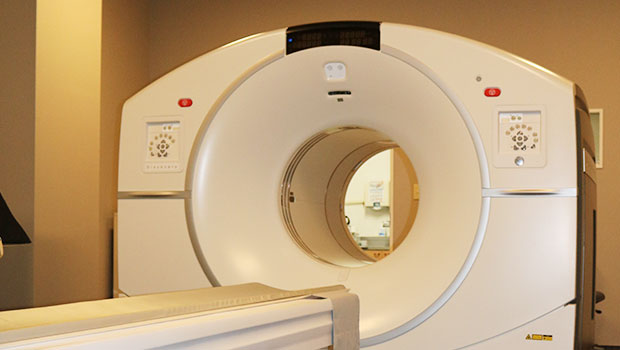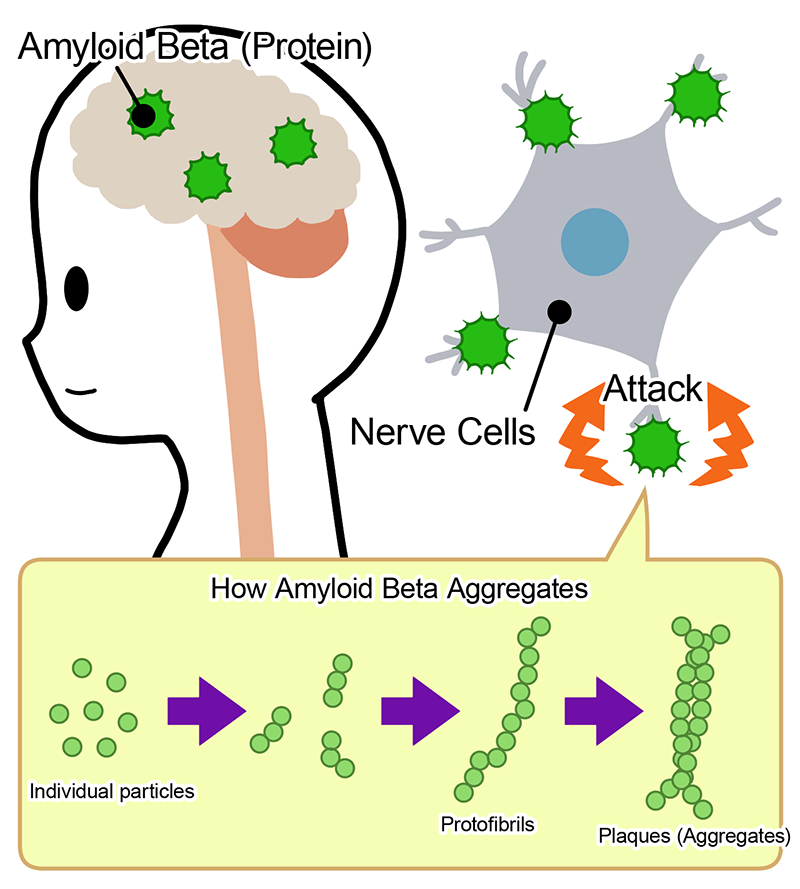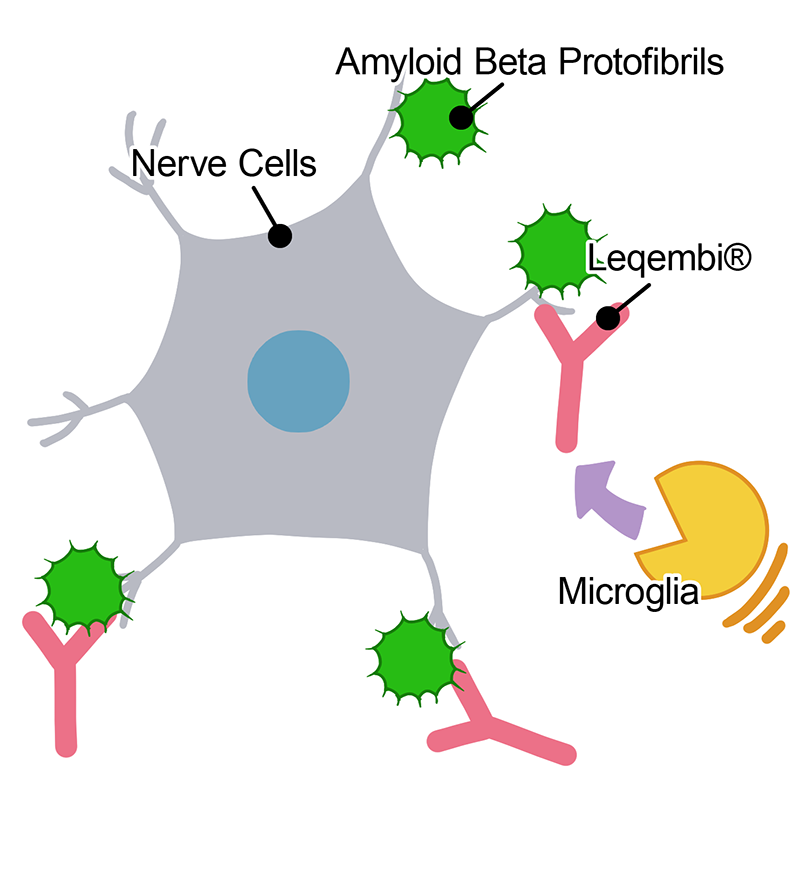About us
We specialize in the diagnosis and non-surgical treatment of neurological disorders, including conditions affecting the brain, spinal cord, peripheral nerves, and muscles.
Common reasons patients visit our Neurology Department include headaches, numbness, dizziness, and more complex conditions like stroke, Parkinson’s disease, and Alzheimer’s disease, which are becoming more prevalent in our aging society.
When Should You See a Neurologist?
You may benefit from seeing a neurologist if you are experiencing any of the following symptoms:
- Headaches or dizziness
- Numbness or tingling in the hands or feet
- Unsteadiness while walking or frequent falls
- Sudden loss of consciousness or blank staring episodes
- Severe forgetfulness or disorganized speech
- Double vision, drooping eyelids, or slurred speech
- Facial twitching or drooping
- Stiffness, slowness of movement, or difficulty using your limbs
- Shaking or involuntary movements of the hands or feet
If you are concerned about any of these symptoms—or if you are experiencing unexplained issues—you are encouraged to visit our Neurology Department for an evaluation.
Worried About Memory Loss? A New Brain Scan May Help.
If you or a loved one are showing signs of memory decline, our Neurology Department offers access to amyloid PET scanning — an advanced imaging test that can detect early signs of Alzheimer’s disease.
With the availability of new treatments like Lecanemab (Leqembi®), early detection matters more than ever. Our hospital is equipped with state-of-the-art PET imaging technology in a calm, safe environment. Talk to us to see if amyloid PET is right for you.
Conditions We Commonly Treat
Our neurology team manages a wide range of conditions, including:
- Aftereffects of stroke
- Parkinson’s disease
- Alzheimer’s disease
- Spinocerebellar degeneration
- Multiple sclerosis
- Motor neuron diseases
- Peripheral neuropathy
- Epilepsy
- Migraine
- 10. Hemifacial spasm and blepharospasm
These may sound like complex conditions, but recent medical advances have led to the approval of many new treatments. Neurology is a rapidly evolving field, and effective therapies are now available for many of these disorders.
Hope for Early Alzheimer’s: Introducing Lecanemab (Leqembi®)
In recent years, there’s been a major breakthrough in the fight against Alzheimer’s disease. A new treatment called Lecanemab – sold under the brand name Leqembi® – is now available in Japan for people with early-stage Alzheimer’s disease or mild cognitive impairment (MCI) caused by Alzheimer’s.
This new medication offers something truly different: instead of just managing symptoms, it targets the underlying cause of the disease. This gives new hope to patients and families who are looking for ways to slow the progression of memory loss.
For more detailed information, please refer to the following publication:
“Lecanemab in Early Alzheimer’s Disease”
Authors: Christopher H. van Dyck, M.D., Chad J. Swanson, Ph.D., Paul Aisen,
M.D., Randall J. Bateman, M.D., Christopher Chen, B.M., B.Ch., Michelle Gee, Ph.D., Michio Kanekiyo, M.S., and Takeshi Iwatsubo, M.D., et al.
Published in The New England Journal of Medicine, Volume 388, Pages 9–21, January 5, 2023
DOI:10.1056/NEJMoa2212948
How Does Lecanemab Work?
Lecanemab works by removing amyloid beta, a toxic protein that builds up in the brain and damages nerve cells. By reducing this buildup, Lecanemab slows the disease process.
Clinical studies show:
- A 27% reduction in cognitive decline compared to placebo
- Better outcomes in memory, thinking, and daily independence
- Delayed progression by several months
This can mean more time enjoying meaningful activities and maintaining independence.
Who Can Benefit from Lecanemab?
Lecanemab is intended for people who are in the early stages of Alzheimer’s disease. This includes:
- People with mild cognitive impairment (MCI) caused by Alzheimer’s
- People with mild Alzheimer’s dementia
To confirm whether Lecanemab is right for you, doctors will perform tests to check if amyloid beta is present in your brain. These tests may include:
- A PET scan to look for amyloid deposits in the brain
- A memory and thinking (cognitive) test
- A brain MRI to check for bleeding or swelling
If amyloid buildup is confirmed and the patient meets all safety requirements, treatment may begin.
Common Questions About Amyloid PET and Alzheimer’s

Q1:What is an amyloid PET scan?
It’s a brain scan that shows whether amyloid plaques – linked to Alzheimer’s disease – are present.
Q2:Can anyone get an amyloid PET scan?
No. It is used only when early memory symptoms or family history suggests Alzheimer’s. A neurologist must recommend it.
Q3:Is it painful or dangerous?
No. It’s a safe, painless scan using a small tracer injection and simple imaging, similar to a CT or MRI.
Q4:What happens after the scan?
Results are reviewed by a specialist. If amyloid buildup is found, treatments like Lecanemab may be considered.
Q5:How do I know if I need it?
If you’re concerned about forgetfulness or confusion, start by speaking with one of our neurologists for evaluation.
What Is the Treatment Like?
Lecanemab is given by intravenous drip (IV infusion) once every two weeks. Each session takes about one hour. The full course of treatment usually lasts for 18 months, with 36 infusions in total.
Infusions are usually done on an outpatient basis.
Doctors will also regularly check the brain using MRI scans to make sure the treatment is safe and effective.
Are There Any Side Effects?
Like all medications, Lecanemab can cause side effects. The most important ones to be aware of are changes in the brain that can be seen on MRI scans, sometimes called ARIA (Amyloid-Related Imaging Abnormalities). These may include:
- Swelling in certain areas of the brain
- Tiny brain bleeds
Most of the time, people don’t notice any symptoms and the changes go away on their own. However, in rare cases (less than 1%), these changes can cause headaches, confusion, or even more serious issues like seizures. That’s why MRI monitoring is so important.
Some people are more likely to have these side effects, including:
- People with certain genes linked to Alzheimer’s (especially APOE ε4)
- People with small existing blood vessel problems in the brain
- Pregnant or breastfeeding individuals
If side effects are seen on scans, your doctor may pause or stop treatment for safety.
Who Should Not Take Lecanemab?
Lecanemab may not be suitable for:
- People who have had a strong allergic reaction to this medication
- People with active brain swelling or bleeding
Your doctor will review your medical history carefully to determine if treatment is safe.
Why Early Testing Matters
Lecanemab only works in the early stages of the disease—before too many brain cells are damaged. That’s why early testing and diagnosis are so important. If you or a loved one have noticed memory changes, don’t just assume it’s normal aging. Talk to your doctor and ask whether testing for Alzheimer’s could help.
Getting tested early can open the door to treatments like Lecanemab that may help protect your brain and quality of life.
Is This Treatment Available at Our Hospital?
Yes, our hospital is one of the few certified to provide Lecanemab treatment. Our experienced team includes dementia specialists trained to safely manage this advanced therapy. We use the latest imaging technology to monitor each patient and tailor care to their needs.
If you’re concerned about memory loss in yourself or a loved one, we encourage you to book a consultation. Our team is here to guide you through testing, explain your options, and help you make the best decision for your future.
Not Sure Where to Start?
Our team is here to support you from your first memory concerns to diagnosis and treatment planning. Let us help you take the next step.
→ Book a Consultation via
Contact us or
WhatsApp or
LINE
Find Doctors
Makoto Izuta, M.D., Ph.D.
出田 淳
- Title
- Vice President
- Specialty
-
・Clinical Neurology
・Neurologist
・Certified Stroke Specialist
・Certified in Rehabilitation Medicine
・Certified in Primary Care Medicine




